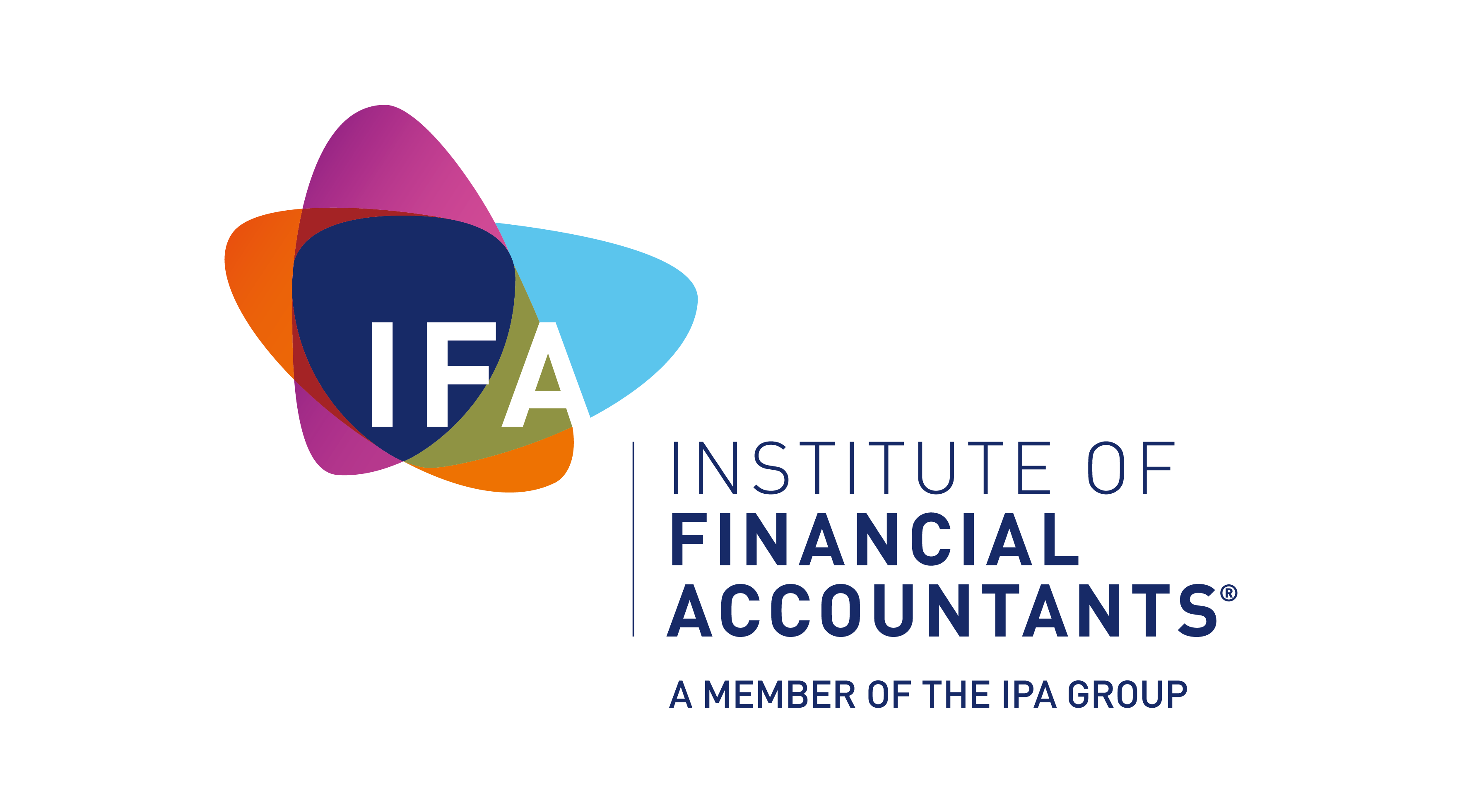IFA Bye-law and Regulation changes: what you should know
The Code of Ethics
The IFA has adopted a new approach to publishing its Code of Ethics. As an IFAC member body, the IFA is required to apply standards that are at least as stringent as those set out in the International Code of Ethics for Professional Accountants (including International Independence Standards). This is usually referred to as ‘the IESBA Code’. In the past, the IFA has incorporated the IESBA Code into its own ‘IFA Code’ and added further requirements and guidance relevant to its members (and others bound by the IFA Bye-laws).
To enhance clarity and responsiveness to changes to the IESBA Code, it has been decided not to add IFA specific material, but to directly adopt the IESBA Code, as amended from time to time. Any specific requirements are better located in IFA Regulations. The purpose of this news item is to explain the changes that apply from 1 January 2023, as all IFA members, students, affiliates and firms are expected to be aware of how the changes impact them
Bye-laws
The definition of ‘Code of Ethics’ has been updated to mean the IESBA Code (as opposed to the IFA Code), as amended from time to time.
Bye-law 11.1 makes clear that all members, students, affiliates, member firms and contracted firms are bound by the IFA’s Bye-laws and Regulations and must comply with the Code of Ethics (as redefined). In complying with the Code of Ethics, Bye-law 11.1 makes clear that the term ‘professional accountant’ shall be interpreted to mean an IFA member, student, affiliate, member firm and/or contracted firm as applicable.
While amending the Bye-laws, the opportunity has been taken to update Bye-law 14.7, which requires individuals and firms to notify the IFA of changes to their registered addresses. The amendment makes clear that the notification requirement also apples in respect of email addresses where an email address has been previously notified to the IFA.
Public Practice Regulations
The sections of the Public Practice Regulations that concern engagement letters and fees (sections 7 and 8 respectively) have been amended to absorb and clarify requirements previously included in the IFA Code of Ethics. In particular:
- It is made clearer that the client’s agreement of the engagement letter must be documented, and evidence of the client’s agreement must be retained and made available to the IFA if and when requested.
- Some factors to be considered when calculating fees are itemised in regulation 8.1, as these were previously included in the IFA Code, namely:
- the seniority and expertise of staff assigned to conduct the work,
- the time required to conduct the work, and
- the nature of the assignment, including complexity and risk.
Finally, the previous regulation 8.3 has been removed. It stated that, where fees quoted or estimated were a feature in obtaining or retaining a professional engagement, a firm may be required to demonstrate that the engagement was planned and undertaken with due regard for relevant professional and ethical standards. This has been removed for clarity, because an engagement must always be planned and undertaken with due regard for relevant professional and ethical standards.
